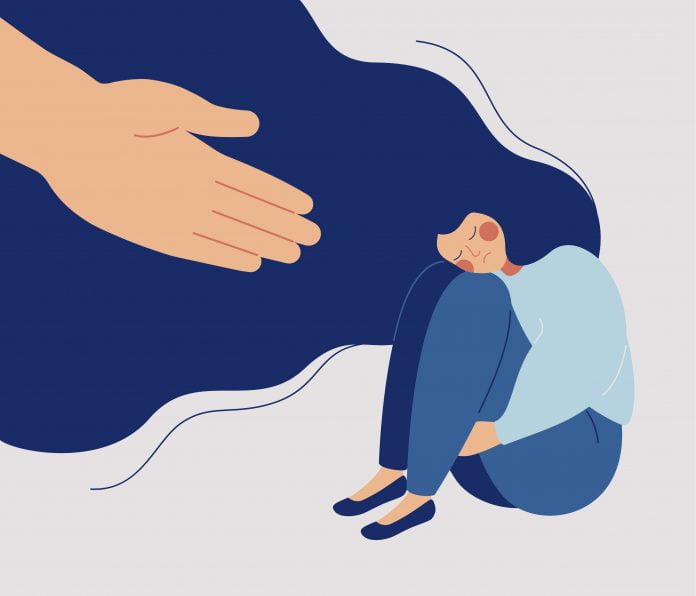More than 600 thousand Australians prevented from leaving their home by their disability can now access a wellbeing initiative to reveal their personal journey and the challenges navigating the healthcare system.
‘Approximately 50% of these Australians are aged 5-64 years, and the other half are 65 years or older, so a wide socio-demographic spectrum,’ says Dr Maria Alejandra Pinero de Plaza, a researcher at Flinders University that has led the development of an online arts and storytelling exhibition with a network of Frail, Homebound and Bedridden People (FHBP) and clinicians – showcasing the personal experiences of 300 Australians facing systemic challenges when accessing healthcare and support while enduring ongoing isolation.
The FHBP are using innovative wellbeing initiative to tell personal stories of struggle, aiming to build support networks and primary care access.
The exhibition combined science with technology to develop twenty-three photographs, posters and videos. Combining the expert guidance of health consumers and researchers from a multidisciplinary team from Caring Futures Institute at Flinders University, the exhibition integrates this guidance to highlight traumatic and personal experiences and advocates for improved access to public health services.
‘More than thirty-seven thousand Australians have reported not leaving home at all because of their disability or a health condition, so we’re looking at a significant proportion of the population.’
‘Our online exhibition expresses their personal struggles through imagery and messages created directly with homebound people to provide knowledge and understanding about these traumatic experiences and highlights the solutions that scientists and clinicians can develop by working with these groups,’ says Dr Pinero de Plaza.
This exhibition was submitted recently to the Disability Royal Commission by Dr Pinero de Plaza. She indicates that the Commission has acknowledged how this output of the FHBP research program will help develop a better understanding of the systemic failings affecting those confined to their homes:
‘In our correspondence, The Disability Royal Commission has acknowledged the systemic issues experienced by FHBP, which can help prompt action that is required to educate all health professionals and service providers about FHBP; educate Centrelink, NDIS, and government services about the difficulties FHBP are facing.’
‘We look forward to our research and the stories in the exhibition helping inform future government and agency policies to address gaps in the system to improve services for homebound and bedridden Australians, for example, providing GP consultation via telehealth for these groups (#FHBP) and supporting science implementation programs for them.’









